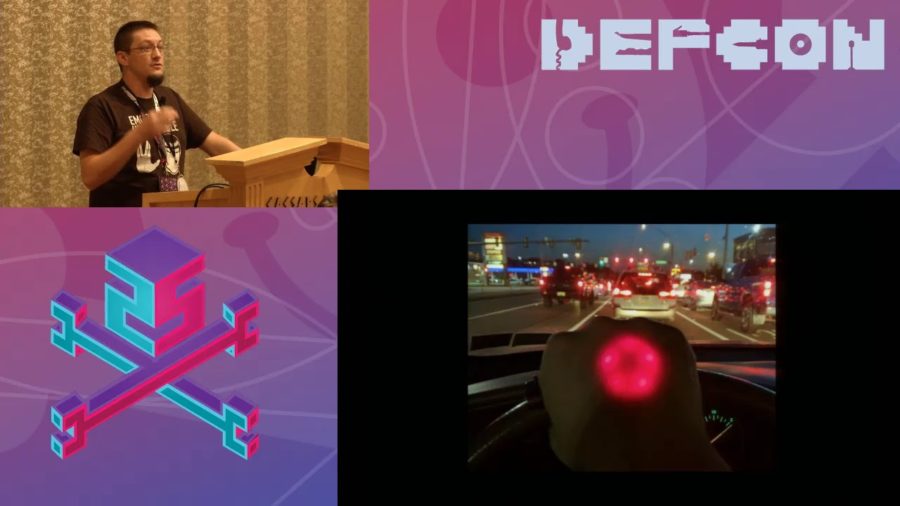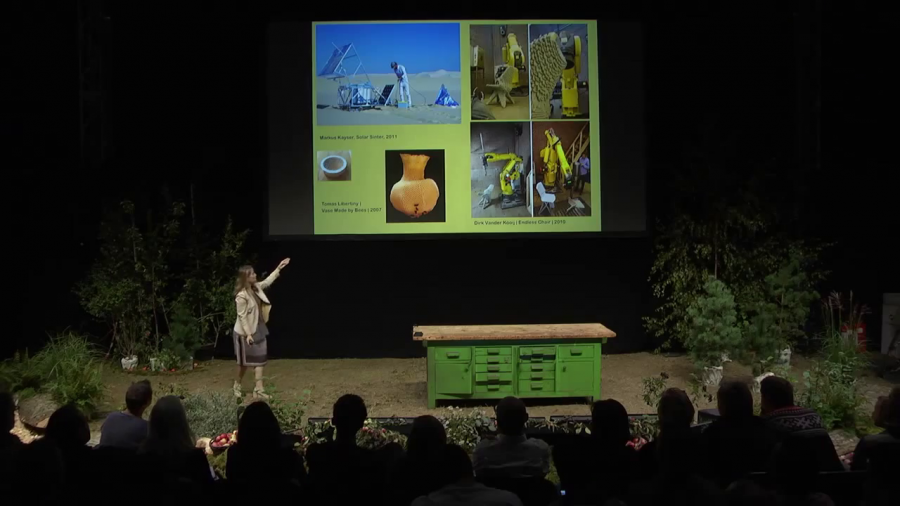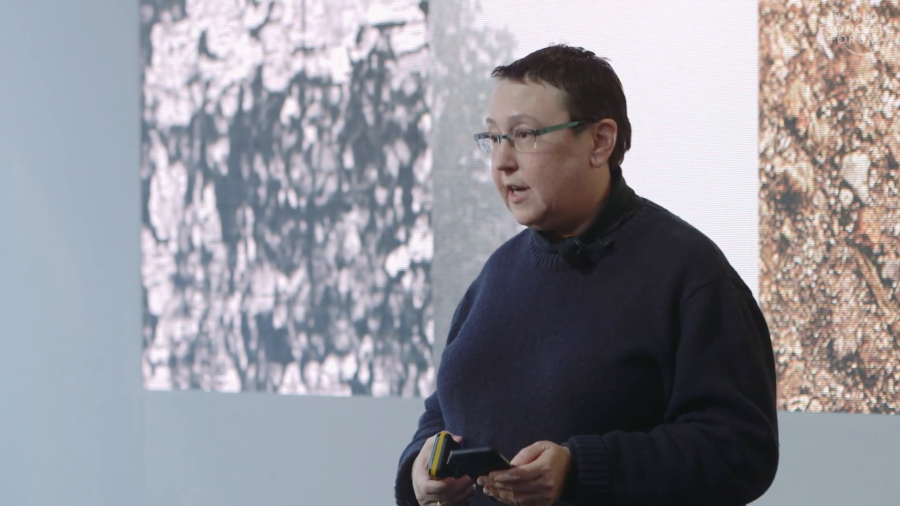The unrelenting pace of technologies is deeply ironic, given the original intent of them to make our lives more efficient and give us more time. But we can all attest that the actual effect of this escalation of efficiency has been to increase the pace of work and play in our worlds.
Archive

I think that we have a moral imperative to change the human being, given the fact that we are built so flawed and built for a time that we no longer live in. There’s a pretty pervasive belief that we kind of stopped evolving from the neck up. And that we don’t have behaviors that are actually stuck inside the human being, and ways in which we’re in this sort of evolutionary lockstep with what we used to be, and not what we are and what we’ve become.
One of the most important insights that I’ve gotten in working with biologists and ecologists is that today it’s actually not really known on a scientific basis how well different conservation interventions will work. And it’s because we just don’t have a lot of data.
I actually think you can trace many many of these big systemic crises to being symptoms of the flawed idea that economic growth can go on indefinitely, exponentially, on a finite planet. That’s sort of my North Star. And then as a finance person, why do we think we need economic growth? Well, because the way our capital system works is that capital demands that growth.

I’m here today to talk to you about food and design. About what’s cooking in design, and what’s designing in food. But most of all I’m here to recommend to you never to let designers decide what you will eat.
My thinking is how do we design systems that provide for every aspect of our humanity? How do we design a city that cares for all of our needs? You know it’s not just thinking about shelter, but it’s thinking about our food and our air and so, obviously the types of industry we have are very different, because we have to make sure that our air and our water is clean. And that our food is readily available, and that we have spaces for contemplation and reflection. And that we have places for communing with each other.
What’s key…is that we all need to work together. There’s no way for all of us to know about each other. We’re in that part of this new way of being that there’s too many players. It’s too chaotic. There is no center, there is no hub. But we need to find ways to work together, and to lose the idea that any one of us is the solution. Because if any one of us were the solution, we wouldn’t be where we are now.
I always wonder about people that are very pro-tech on the Left, for example. “Oh, we’ve got to keep all this. Of course. That’d be crazy.” You know, you want to preserve all of the level of technology. The question that occurs to me is, oh so you want to keep how many hundreds of millions of people in the mines, in the smelters, in the foundries, in the assembly lines? I would like to see them be able to do something else. But you’re going to have to keep them there one way or another if you want to have all this stuff.


